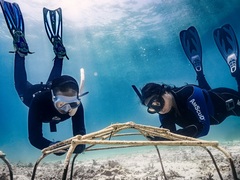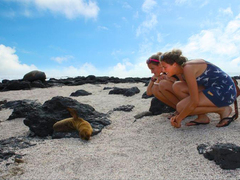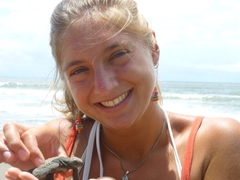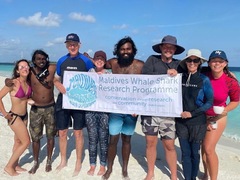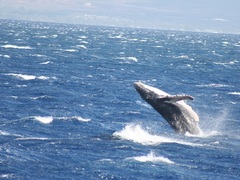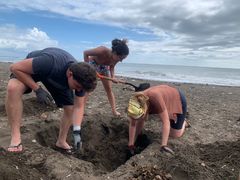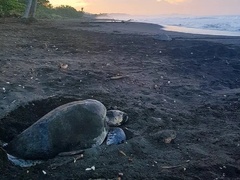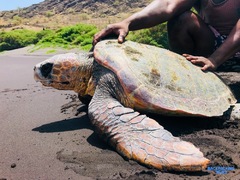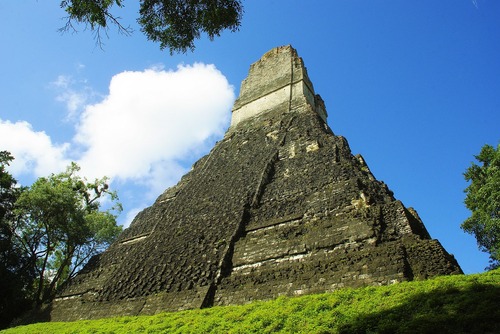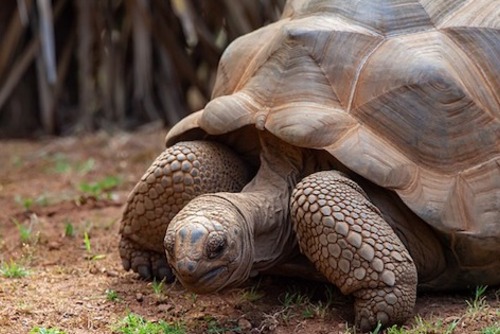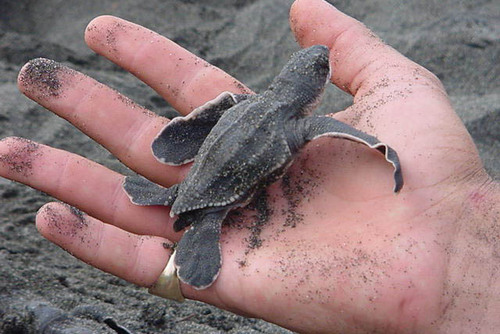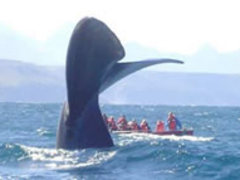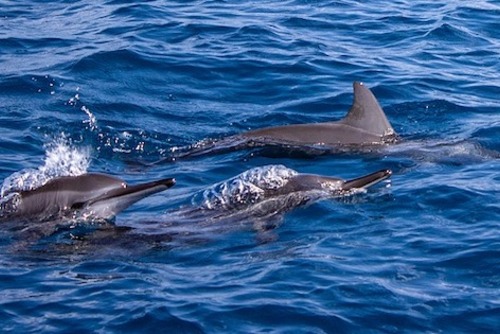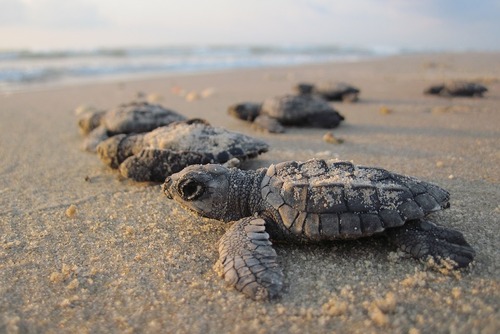What is CEA:
Centro Ecológico Akumal (CEA) was founded in 1993 to "monitor the impact of development on the regional ecosystems and culture; to report findings and their significance to the public through education; and, through education, to influence public policy?.
CEA has, since its foundation, worked within the Akumal community on the following issues:
- Marine and Coastal Ecosystem Protection Program
- Sea Turtle Protection, Conservation and Research Program
- Water Quality Program
- Environmental Sustainability Program
- Environmental Education and Communication Program
In addition to its own independent research, CEA hosts visiting researchers and experts in various fields from around the world.
Volunteer Program
CEA has a Volunteer Program for individuals who wish to donate their time and expertise to help this small ecological group meet its goals. Volunteers input data to computers, write, edit, create publications, maintain systems, as well as other tasks.
Marine and Coastal Protection Program:
With a focus on an integrated coastal system, the Marine and Coastal Protection Program promotes the implementation of a management policy based on the understanding and study of the marine ecosystem and its services.
The people, who join us in this work, get involved in all the aspects of the program, but with a main focus on one of these subprograms:
- Zoning, management and patrol of Akumal Bay
- Reef monitoring
The Bay Management and Zoning subprogram?s main objectives are to research and characterize the ecological environment of Akumal's bays. The volunteers support the implementation of different elements of the program. This includes surveying, ecological characterization, observation and monitoring of human activities in the bays, information dissemination, and a variety of other activities related to program implementation.
The main goal of the CEA Reef Monitoring subprogram is to collect comprehensive data on the Mesoamerican Barrier Reef System in the region of Akumal, using the MBRS methodology in order to have a baseline characterization of the reef ecosystem in this zone.
We monitor both fish and corals, and each of the volunteers is expected to specialize in either one of these. Before we start the monitoring work, our volunteers must be able to identify 100% of the coral or fish species encountered here to make sure the data collected are accurate.
Turtle Program:
CEA's Sea Turtle Protection, Conservation and Research Program was founded in 1994.
All sea turtle species are protected by law because they are threatened by extinction. Of the eight existing species of sea turtles, four nest in Quintana Roo. And two of them nest in Akumal: the Loggerhead Turtle (Caretta caretta) and the Green Turtle (Chelonia mydas). Year-round you can find them feeding in our bays and sometimes you can see the Hawksbill Turtle (Eretmochelys imbricate) around the reef.
During the nesting season CEA turtle staff and volunteers, patrol the beaches of Akumal in search of nesting female turtles, turtle nests and recent hatchlings. Their duties include protecting and tagging females, collecting scientific data, relocating eggs (in extreme cases) to more favorable locations on the beach, and releasing hatchlings to the sea. The data that the turtle team collect are then used to determine turtle hatching success, behavior, distribution and abundance.
This year, CEA started monitoring juvenile turtles in Akumal Bay. The work consists of tagging and measuring the turtles and taking blood samples to look for sickness and do studies. This work provides us data on how tourism and pollution are having impacts on turtles' illnesses.
Raising awareness among tourists and residents about sea turtle biology and conservation issues is one of our main objectives. So, in the evenings, we have our Turtle Talks to give information to the people who visit us.
Water Quality and Sustainable Waste Management Solutions Program:
Through our Water Quality Program we work to reduce pollution of our watershed by addressing solid and liquid waste issues.
CEA is working hard to help change our vision of waste as something to throw far away to a resource of value. At CEA we believe that if we don't turn off the contamination, we will lose our reefs, our bays and our beaches.
Investigation into the water quality on the peninsula has shown that current methods of treating and disposing waste are causing significant health problems and destruction of the coral reef.
We are trying to persuade homes, businesses, restaurants and hotels to use techniques that are:
- Simple, sustainable systems
- Economical and energy efficient
- Easy to maintain
Our research has led to these advanced treatments:
- Composting Toilets
- Constructed Wetlands
- Organic Composting
CEA has a lab that provides on-site testing of groundwater. We want to expand the samples and include sites further inland, along the coast, offshore in the bays and over the reefs, as funding becomes available.
The laboratory facilities will be available to visiting scientists and qualified students who are pursuing research at Akumal.
Environmental Education and Communication Program:
CEA supports an ongoing educational program to teach both visitors and local people to preserve and respect our environment. Focusing primarily on local children, the Environmental Education program is conducted by Mauricio Bautista. He, with volunteers and social service students, visits the schools in the Pueblo of Akumal to teach the children English, how Mother Nature works and how to help our ecosystem.
Each Saturday the children come to the CEA Center, where they practice what they have learned in school. They play games, recycle paper, make handicrafts with trash, participate in the monthly beach cleanup, watch videos on the environment, and a movie for entertainment when their activities are done. In the summer, they participate in the Turtle Watch Program by helping CEA staff and volunteers release baby turtles.
Focusing on tourists, locals and hotels, the Communication Program tries to help accomplish CEA?s mission by visually displaying the research findings and information in the hopes that CEA will be able to influence public policy and to help preserve our coastal environment.
CEA has publications and presentations designed to inform CEA's visitors about the research programs, problems and solutions at Akumal. Also we have displays, visually explaining the various research studies in which CEA is involved.
All volunteers accepted into the program will need to have their FM3.


